Nestled in the heart of Central Illinois, Rantoul (RTL) is more than just a charming small town; often called the Book Amtrak From Rantoul, Amtrak Station – Simply Call +1(877) 237 1001 it’s a strategically located hub with a rich transportation history that continues to shape its present and future. Building on the legacy of Chanute Air Force Base, Rantoul has successfully repurposed its world-class infrastructure into vibrant, operational air and rail facilities that serve regional businesses, aviation enthusiasts, and the broader community.
This guide will take you through the operational aspects of Rantoul’s airport and railway, highlighting their significance and the services they offer.
The Enduring Legacy: From Chanute AFB to a Civilian Hub [Book Amtrak From Rantoul]
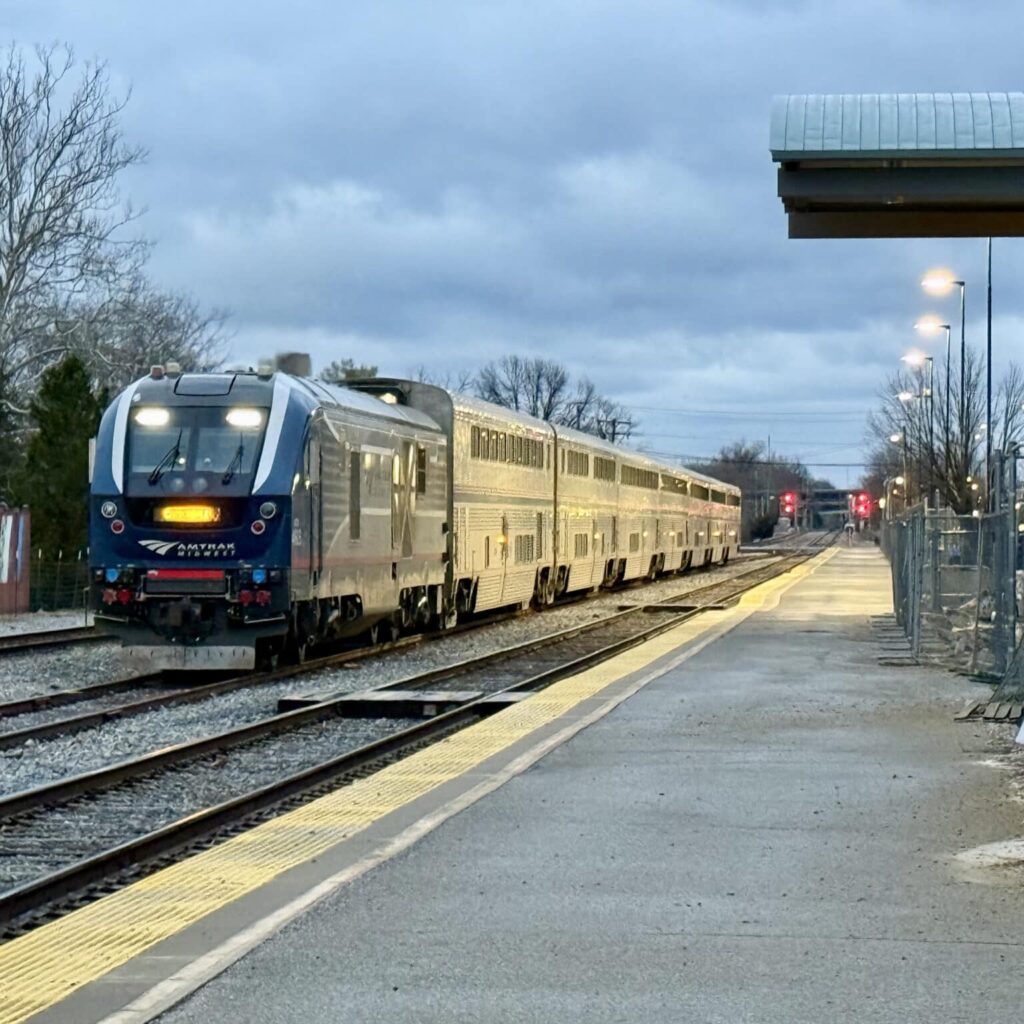
Book Amtrak From Rantoul | Call +1(877) 237 1001 OTA
For nearly 75 years, Chanute Air Force Base was a cornerstone of military aviation training and a vital economic engine for the region. Its closure in 1993 presented Rantoul with a monumental challenge, but also an incredible opportunity. The village embarked on an ambitious plan to convert the formidable infrastructure – runways, hangars, rail lines, and industrial buildings – into a dynamic civilian-focused complex. The success of this transition is evident in the thriving Rantoul National Aviation Center and its integrated rail services Book Amtrak From Rantoul.
Rantoul National Aviation Center (RTL): Soaring into the Future [Book Amtrak From Rantoul]
The former Chanute Air Force Base airfield now operates as the Rantoul National Aviation Center (RTL), a public-use airport owned and managed by the Village of Rantoul. It serves as a crucial general aviation airport for business travelers, flight training, recreational pilots, and aerial services in Central Illinois.
Operational Highlights:
- Runways: RTL boasts two well-maintained runways, capable of accommodating a wide range of general aviation and corporate aircraft.
- Fixed-Base Operator (FBO): A dedicated FBO provides essential services like fuel, maintenance, hangar space, tiedowns, pilot lounges, and ground support.
- Accessibility: Its location provides convenient access to major interstate highways (I-57, I-74) and proximity to Champaign-Urbana.
Table 1: Rantoul National Aviation Center (RTL) Key Operational Details
| Feature | Detail |
|---|---|
| ICAO Identifier | KRTL |
| Airport Type | Public-use, General Aviation |
| Runways | 18/36: 5,001 ft x 150 ft (1,524 m x 46 m), Asphalt |
| 09/27: 4,200 ft x 75 ft (1,280 m x 23 m), Asphalt | |
| Control Tower | Uncontrolled (CTAF: 122.8) |
| Fuel Services | Jet A, 100LL (available 24/7 with self-serve or attendant) |
| FBO Services | Ground handling, tie-downs, hangar rental, pilot lounge, WX/flight planning, rental cars, restrooms, catering |
| Aircraft Storage | T-hangars, corporate hangars, transient parking |
| Airport Manager | On-site administration |
| Economic Role | Supports local businesses, flight training, air medical transport, agricultural aviation |
RTL plays a vital role in supporting local economic development, offering a convenient alternative to larger, busier airports for corporate travel, and fostering a robust general aviation community.
Rantoul’s Railway Network: A Grounded Lifeline [Book Amtrak From Rantoul]
Rantoul’s industrial potential is significantly bolstered by its existing and operational railway infrastructure. The rail lines, originally integral to Chanute AFB’s logistics, have been successfully integrated into the national freight network, primarily serving industrial and agricultural businesses in the area.
Operational Highlights:
- Major Operator: The rail lines through Rantoul are primarily operated by Norfolk Southern Railway, a Class I railroad known for its extensive network across the eastern United States.
- Freight Focus: The railway systems in Rantoul are entirely dedicated to freight transport, efficiently moving raw materials and finished goods.
- Industrial Access: Spur lines and sidings provide direct rail access to various industrial parks and manufacturing facilities within the former base area and surrounding Rantoul.
- Commodities: Key commodities transported include agricultural products (like corn and soybeans), fertilizers, industrial components, and other bulk goods.
Table 2: Rantoul Railway Network Overview
| Feature | Detail |
|---|---|
| Primary Operator | Norfolk Southern Railway (Class I) |
| Operational Status | Active freight service |
| Network Type | Mainline access with industrial spurs and sidings |
| Primary Function | Freight transportation for industrial and agricultural sectors |
| Major Commodities | Grains, fertilizers, chemicals, manufactured goods, construction materials |
| Connectivity | Connects Rantoul to major North American rail hubs and ports |
| Benefits | Cost-effective bulk transport, reduced road congestion, support for local industry |
| Passenger Service | No direct passenger service; nearest Amtrak is in Champaign |
The availability of robust rail service is a significant asset for Rantoul, attracting businesses that rely on efficient, large-volume transportation for their supply chains.
The Synergy of Air and Rail: Unlocking Rantoul’s Potential [Book Amtrak From Rantoul]
What makes Rantoul truly unique is the seamless integration and strategic advantage offered by having both an operational airport and an active railway system within close proximity. This dual infrastructure creates a powerful logistics hub, fostering economic development and offering unparalleled flexibility for businesses:
- Multi-Modal Logistics: Companies can receive heavy or bulk materials via rail and then ship time-sensitive or higher-value goods via air freight or general aviation.
- Economic Development: The combined transportation options make Rantoul an attractive location for manufacturing, distribution centers, and agricultural processing facilities looking for efficient ways to move products.
- Reduced Costs: For many businesses, the ability to choose between air and rail (or use both) can significantly optimize transportation costs and delivery times.
- Regional Hub: Rantoul serves as a critical junction, connecting regional producers and industries to national and international markets.
Conclusion [Book Amtrak From Rantoul]
Book Amtrak From Rantoul, Illinois, stands as a testament to strategic repurposing and forward-thinking community development. By transforming the formidable assets of Chanute Air Force Base into the fully operational Rantoul National Aviation Center and a vital railway network, the village has created a dynamic transportation nucleus. Whether you’re a pilot seeking a friendly and efficient general aviation airport, a business looking for a strategic location with robust logistics options, or simply interested in the innovative use of former military infrastructure, Rantoul offers a compelling story of resurgence and operational excellence.
Come explore Rantoul’s wings and rails – where history meets opportunity!
Amtrak Rantoul | Book Amtrak From Rantoul | Amtrak Rantoul Booking Number | Amtrak Booking Number Rantoul
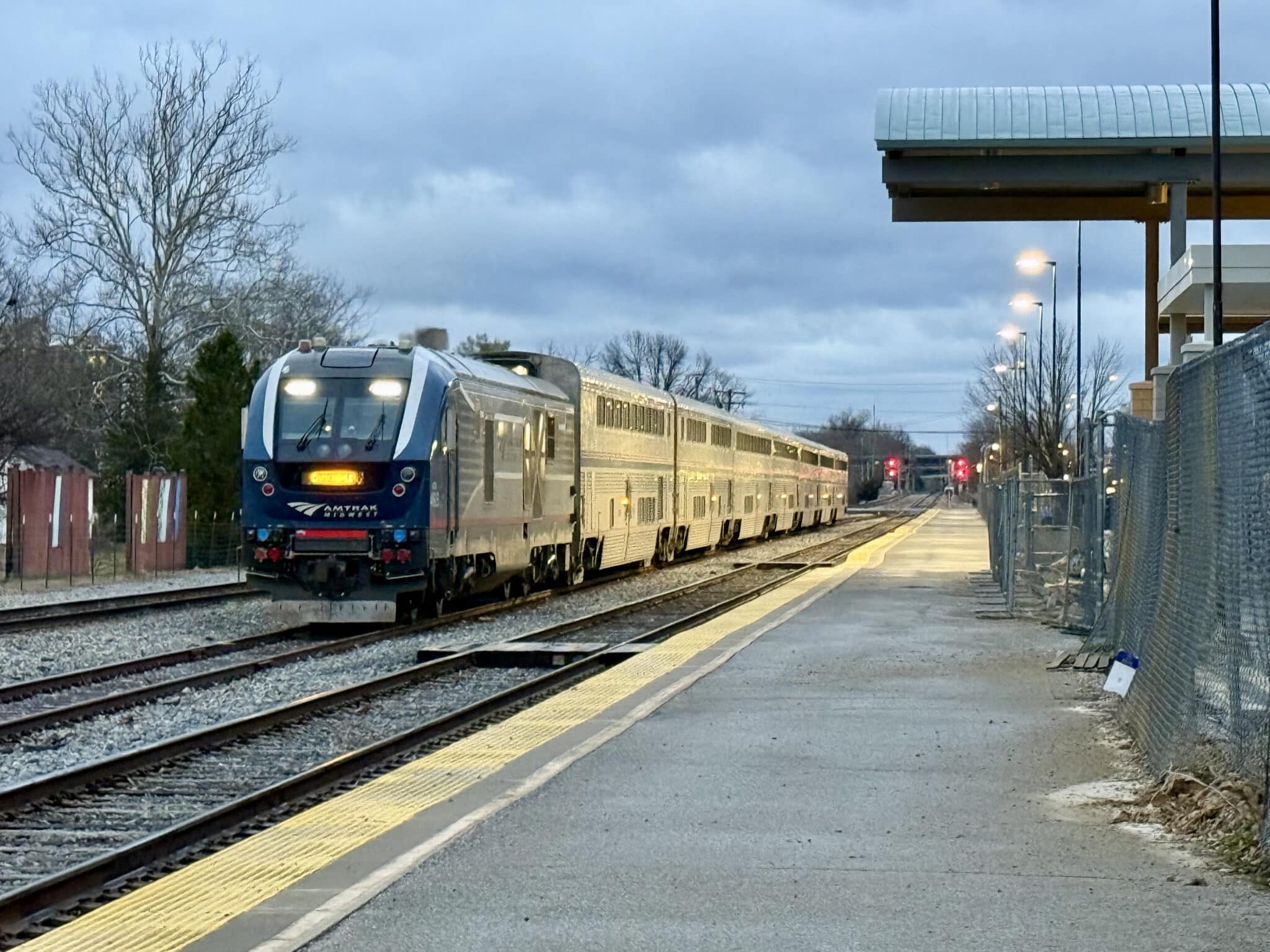


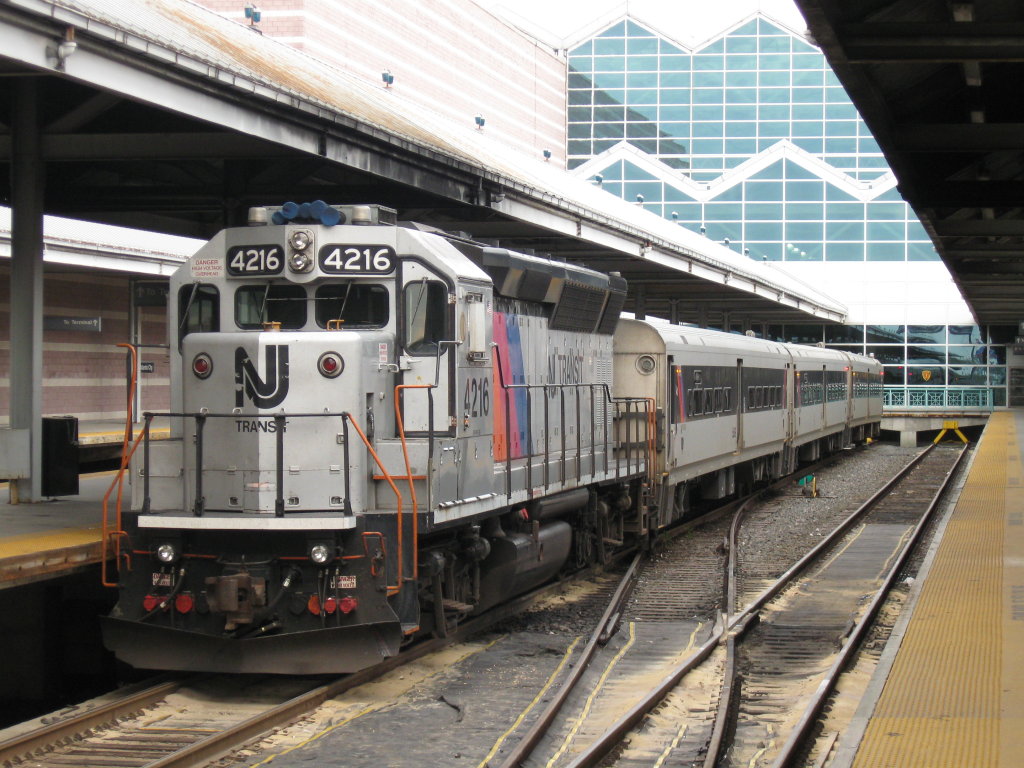
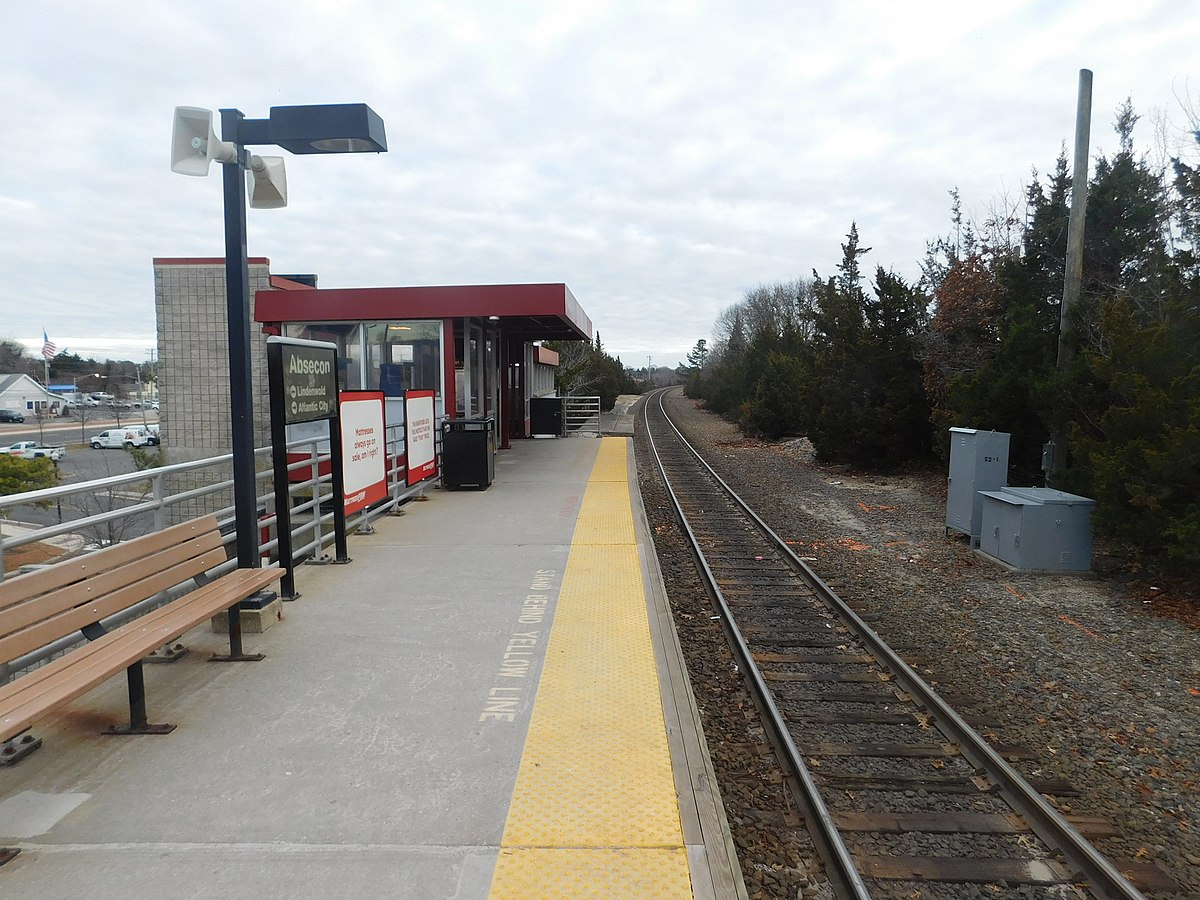
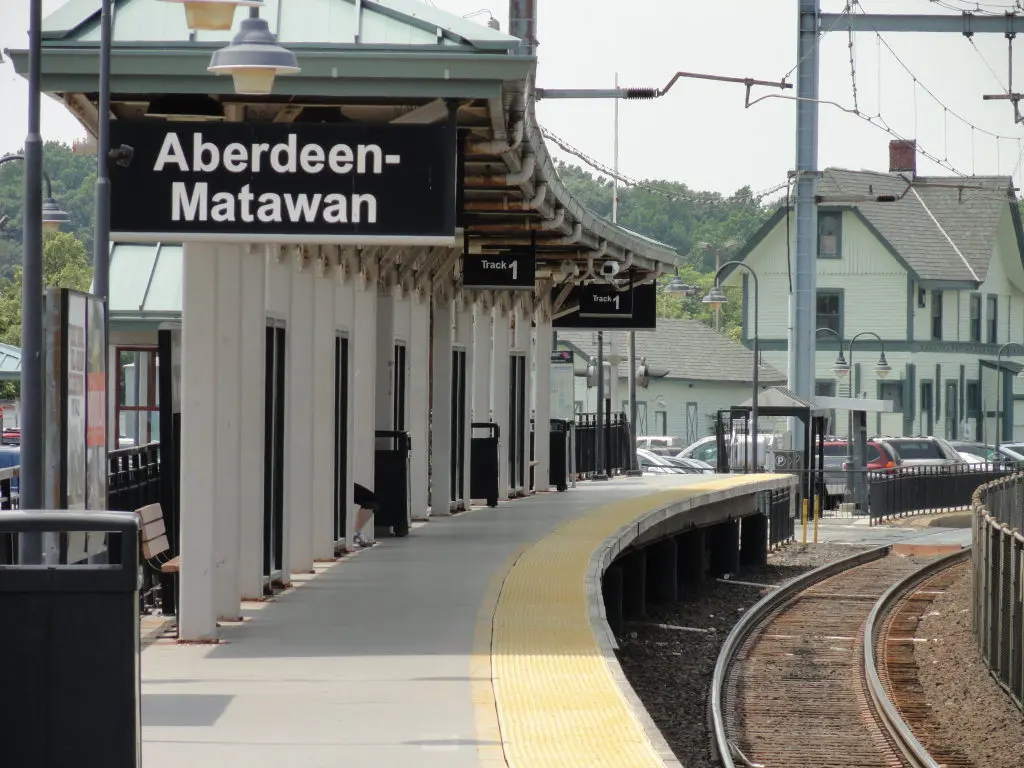
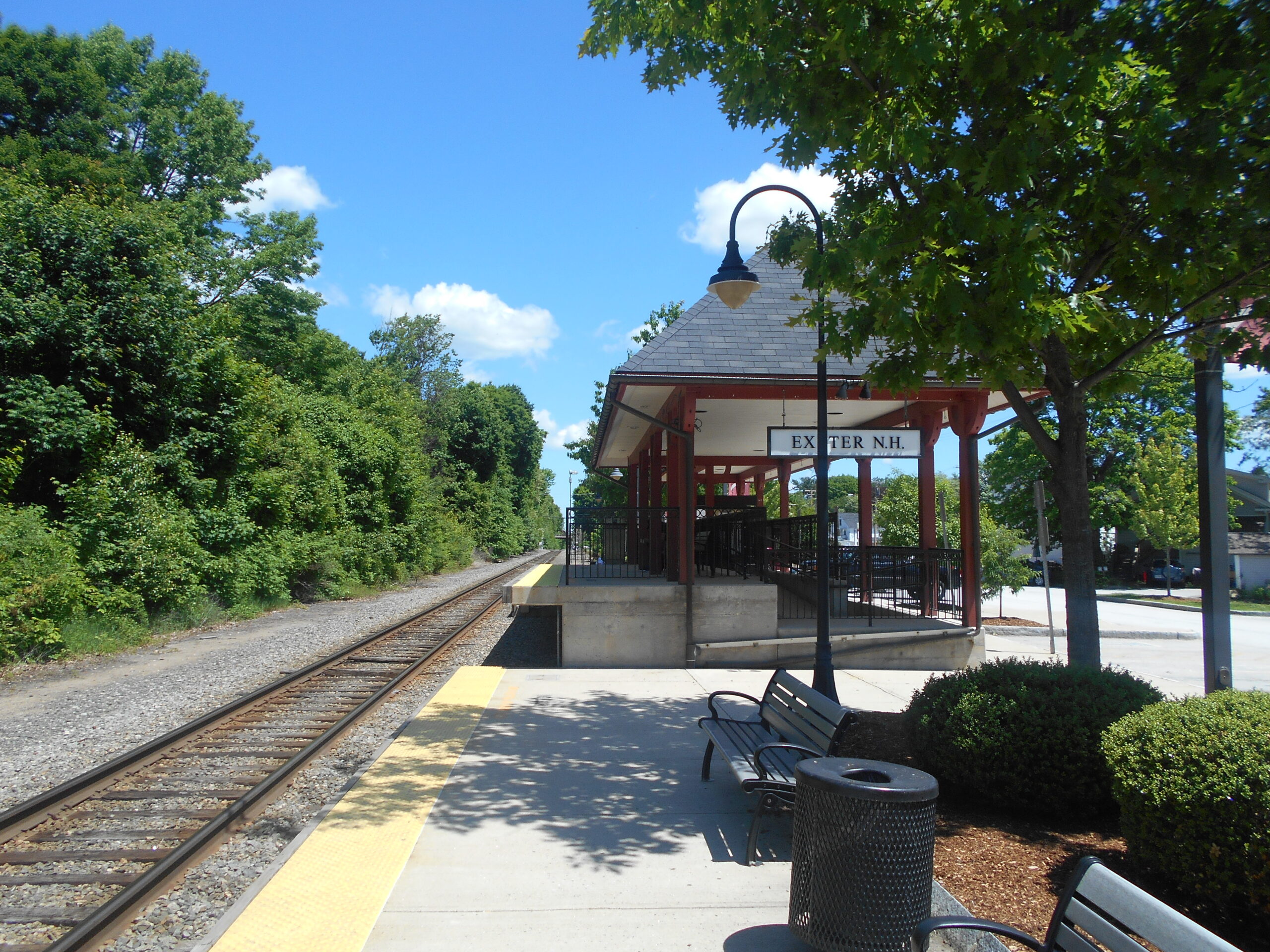
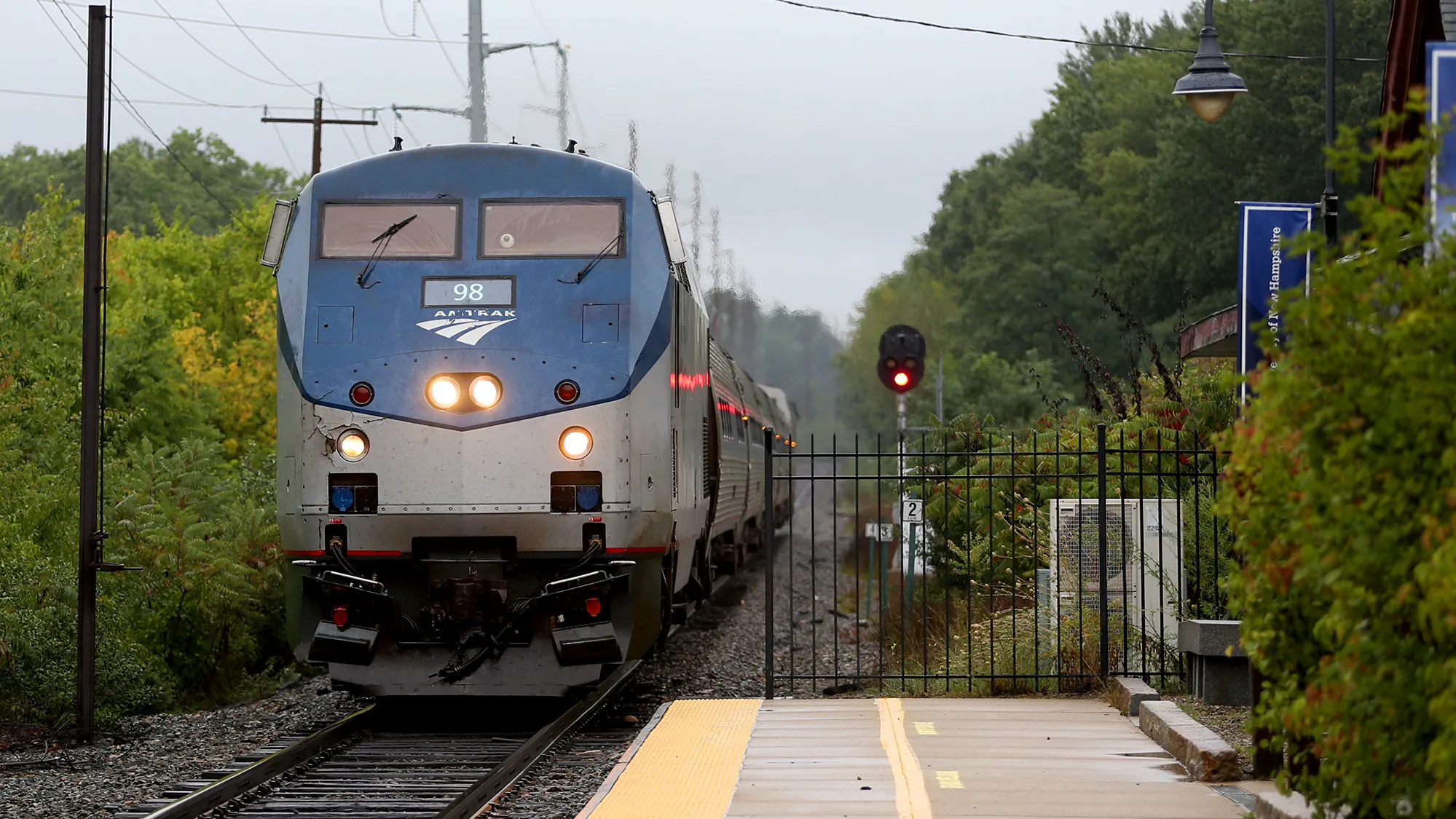
Leave a Reply